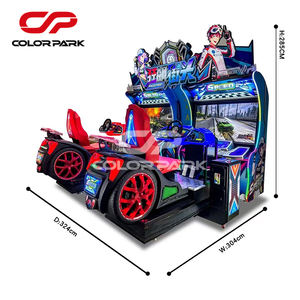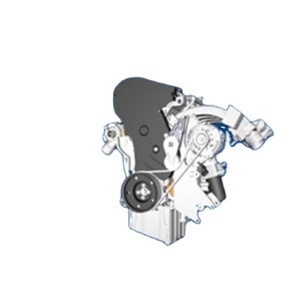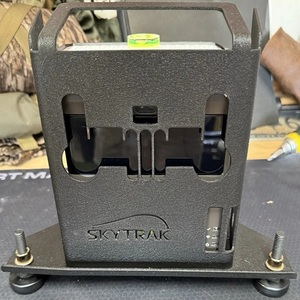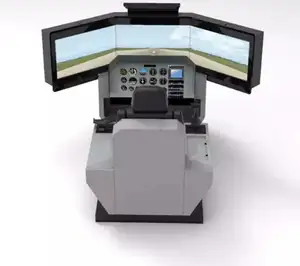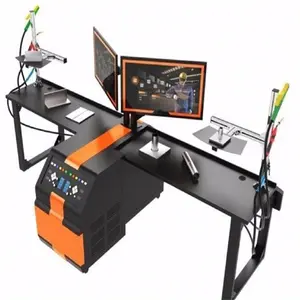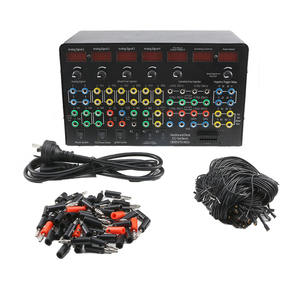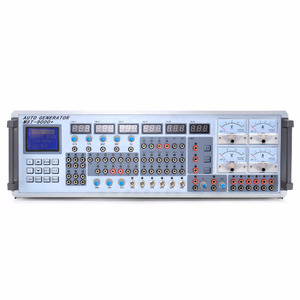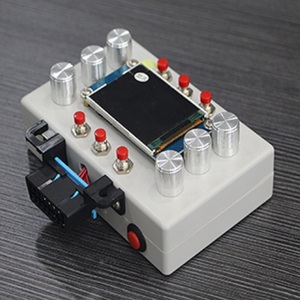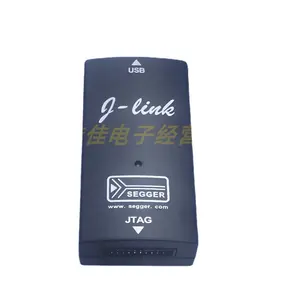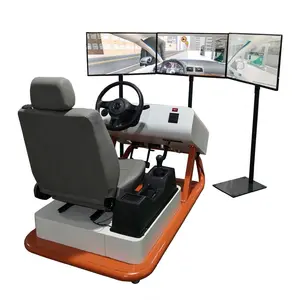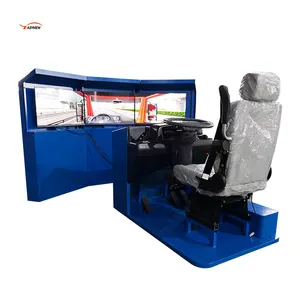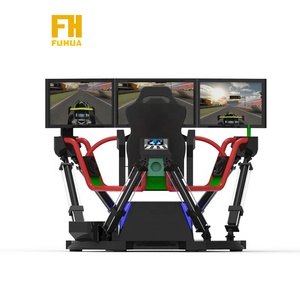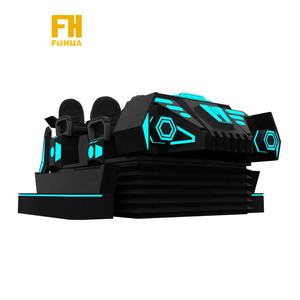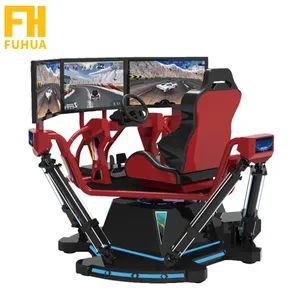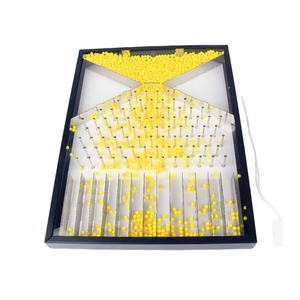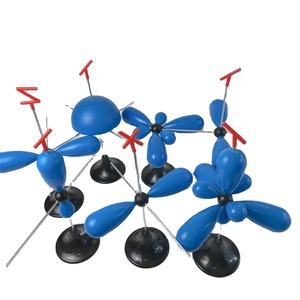Physics Simulation

 CN
CN



 0
0




 1/3
1/3




 1/3
1/3




 1/3
1/3




 0
0


 0
0



 1/1
1/1

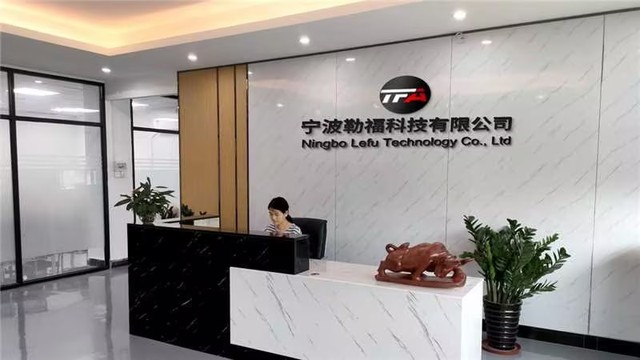

 1/3
1/3




 1/3
1/3


 0
0



 1/1
1/1



 1/3
1/3




 1/3
1/3



 0
0




 1/2
1/2



 1/3
1/3



 1/3
1/3


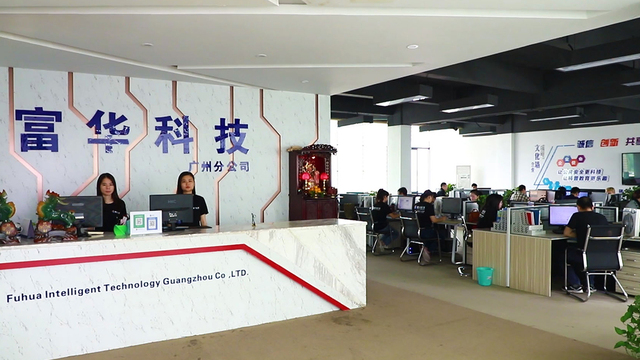

 1/3
1/3




 1/3
1/3




 1/2
1/2
About physics simulation
Where to Find Physics Simulation Software Suppliers?
China leads in the development and manufacturing of physics simulation software, with key supplier clusters located in Guangdong, Shandong, and Hubei provinces. Guangzhou and Shenzhen serve as innovation hubs for interactive entertainment and defense training applications, leveraging proximity to hardware manufacturers and VR/AR ecosystems. Wuhan and Jinan specialize in industrial and educational simulation systems, supported by strong engineering talent pools from regional technical universities and research institutes.
These regions offer vertically integrated capabilities—combining software development, system integration, and hardware compatibility testing—enabling rapid deployment of turnkey simulation solutions. Suppliers benefit from localized access to R&D resources, electronics manufacturing services, and export logistics networks. Buyers gain advantages including reduced development cycles (average 4–6 weeks for custom modules), scalable production capacity, and competitive pricing due to lower labor and operational costs compared to Western counterparts.
How to Choose Physics Simulation Software Suppliers?
Evaluate suppliers using the following criteria to ensure technical reliability and transaction security:
Technical Expertise & Application Focus
Confirm alignment between supplier offerings and intended use case: entertainment, education, industrial training, or defense. Review product portfolios for evidence of domain-specific functionality—for example, kinematic modeling in sports simulators or PLC-integrated virtual environments for technical training. Prioritize companies with documented development experience in physics-based rendering, real-time collision detection, and sensor integration (e.g., Kinect, motion tracking).
Development and Integration Capabilities
Assess technical infrastructure through available indicators:
- Presence of dedicated software development teams (inferred from high PCBA/software listing volumes)
- Support for cloud-based platforms, API accessibility, and multi-device compatibility
- Provision of performance analytics, user data tracking, or AI-driven scenario adaptation
Cross-reference product documentation with response times and reorder rates to gauge post-sale support effectiveness.
Transaction and Quality Assurance
Require clear licensing terms and validation of software stability under load testing. Utilize secure payment mechanisms such as escrow services where applicable. Analyze supplier responsiveness (target ≤4 hours) and on-time delivery performance (ideally ≥90%) as proxies for operational discipline. For mission-critical deployments, request demo versions or pilot licenses to evaluate runtime accuracy and UI/UX before bulk procurement.
What Are the Best Physics Simulation Software Suppliers?
| Company Name | Location | Main Products | Software Focus | Min. Order Value | On-Time Delivery | Avg. Response | Reorder Rate | Revenue Tier |
|---|---|---|---|---|---|---|---|---|
| Guangzhou Panyu District Nancun Damao Software Information Technology Service Department | Guangzhou, CN | Coin Operated Games (368) | Entertainment, VR Arcade Systems | $300/set | 90% | ≤2h | 30% | US $70,000+ |
| Shandong Xingke Intelligent Technology Co., Ltd. | Jinan, CN | Educational Equipment (682) | Industrial Training, Automotive & PLC Simulation | $4,000/set (5 sets min.) | Not specified | ≤3h | Not specified | Not disclosed |
| INTELLISENSE TECHNOLOGY | Not specified, CN | Software (8,255), PCBA (11,118) | AR Commerce, STEM Education, Cloud Molding Dashboards | $1/unit (15 units min.) | Not specified | ≤3h | Not specified | Not disclosed |
| Wuhan Keling Multimedia Co., Ltd. | Wuhan, CN | VR/AR/MR Equipment (26), Projector Games | Sports Simulation, Digital AR, Cycling Simulators | $300/set | 100% | ≤5h | 22% | US $40,000+ |
| Qisheng Defense Technology (Shenzhen) Co., Ltd. | Shenzhen, CN | Other Shooting Products (922) | Tactical Laser Simulators, Recoil Modeling | $368/unit | 100% | ≤4h | 17% | US $120,000+ |
Performance Analysis
Qisheng Defense Technology demonstrates strong fulfillment performance with a 100% on-time delivery rate and high online revenue, indicating robust backend operations despite a moderate reorder rate. Wuhan Keling excels in niche digital sports simulations, combining projector-based interactivity with physical feedback systems. Shandong Xingke targets institutional clients with high-value industrial training software, reflecting specialized expertise but higher entry barriers due to minimum order requirements. INTELLISENSE TECHNOLOGY offers low MOQs and diverse software packages ideal for startups and educational adopters, though limited delivery metrics reduce predictability. Guangzhou Damao balances affordability and responsiveness, serving mid-tier entertainment operators with consistent reorder activity.
FAQs
How to verify physics simulation software supplier credibility?
Review technical documentation for algorithm transparency, update frequency, and hardware compatibility. Validate company registration details and assess historical transaction patterns. Request live demos or trial versions to test simulation fidelity, frame rate stability, and user interface responsiveness.
What is the typical lead time for custom physics simulation software?
Standard configurations ship within 7–14 days. Custom development cycles range from 3 to 8 weeks depending on complexity, including integration of real-time physics engines, 3D modeling, or networked multiplayer functionality. Additional time may be required for compliance testing or third-party certification.
Can suppliers provide SDKs or API access for integration?
Many suppliers, particularly those offering AR/VR or industrial training systems, support API connectivity or plugin architectures. Confirm availability of developer tools, documentation, and technical support during integration planning. High-end providers often include basic SDKs at no extra cost for qualified buyers.
Are software updates included in the purchase?
Policies vary. Some suppliers offer free minor updates for 6–12 months; major version upgrades may require additional licensing fees. Long-term clients with recurring orders typically receive preferential update terms. Clarify maintenance models before contract finalization.
What are common customization options in physics simulation software?
Buyers can typically request adjustments to gravity parameters, friction coefficients, collision response behavior, and environmental variables. Additional features include multilingual UI, scoring algorithms, performance analytics dashboards, and hardware calibration profiles. Reputable developers provide requirement intake forms and deliver proof-of-concept builds within 10–15 business days.





